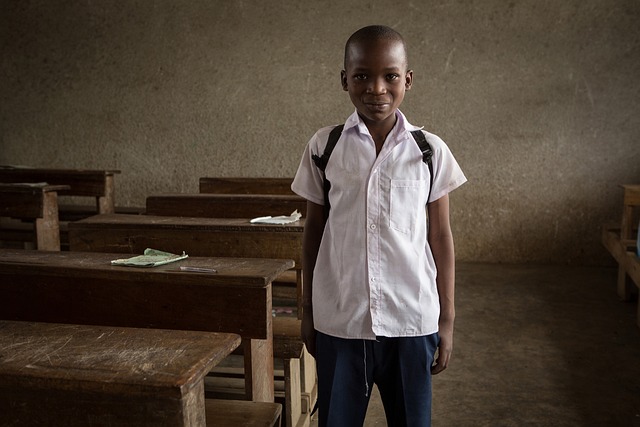The Role of Special Education in Supporting Homeless Students
cricbet99com, sky11. live login, cricbet99 reddy anna:The Role of Special Education in Supporting Homeless Students
Policies on homeless students have long been a part of our education system, but the intersection of homelessness and special education is an issue that requires special attention. Homeless students face unique challenges that can impact their learning and development, and it is crucial that schools provide the necessary support to ensure these students have equal access to education.
Special education programs play a crucial role in supporting homeless students by providing individualized support and services to meet their unique needs. In this article, we will explore the role of special education in supporting homeless students and the challenges they face.
Understanding the Challenges
Homeless students face a myriad of challenges that can impact their ability to learn and thrive in school. These challenges can range from food insecurity and lack of stable housing to emotional and behavioral issues resulting from unstable living situations.
Research has shown that homeless students are more likely to experience academic difficulties, including lower test scores and higher dropout rates. They are also more likely to have disabilities that require special education services.
The Role of Special Education
Special education programs are designed to meet the unique needs of students with disabilities and provide them with the support and services necessary to succeed in school. For homeless students who may have disabilities or other special needs, special education can be a lifeline that ensures they receive the individualized support they need to thrive.
Special education programs for homeless students may include:
– Individualized Education Plans (IEPs) that outline the specific services and accommodations a student with disabilities requires
– Counseling and mental health services to support students dealing with emotional and behavioral issues
– Access to assistive technology and other resources to help students overcome barriers to learning
– Collaboration with community organizations and agencies to provide wraparound services for students and their families
Challenges and Barriers
Despite the critical role that special education plays in supporting homeless students, there are significant challenges and barriers that can impede access to these services. Some of the key challenges include:
– Lack of awareness and understanding of the unique needs of homeless students among educators and school staff
– Limited resources and funding for special education programs, especially in schools with large populations of homeless students
– Transportation barriers that can prevent homeless students from accessing special education services
– Stigma and discrimination that can prevent homeless students from seeking or receiving the support they need
Addressing these challenges requires a comprehensive approach that involves collaboration between schools, community organizations, and policymakers to ensure that homeless students have equal access to the educational opportunities they deserve.
FAQs
Q: How many homeless students are there in the United States?
A: According to the National Center for Homeless Education, there were approximately 1.5 million homeless students in the United States during the 2019-2020 school year.
Q: What can schools do to support homeless students?
A: Schools can support homeless students by providing access to basic needs such as food, clothing, and hygiene products, as well as connecting them with community resources for housing and other support services.
Q: How can I get involved in supporting homeless students?
A: There are many ways to get involved in supporting homeless students, including volunteering at a local shelter or organization, advocating for policies that support homeless students, and donating resources or funds to organizations that work with homeless populations.
In conclusion, special education plays a vital role in supporting homeless students by providing them with the individualized support and services they need to succeed in school. By addressing the unique challenges and barriers that homeless students face, we can ensure that all students have equal access to education and the opportunity to reach their full potential.







